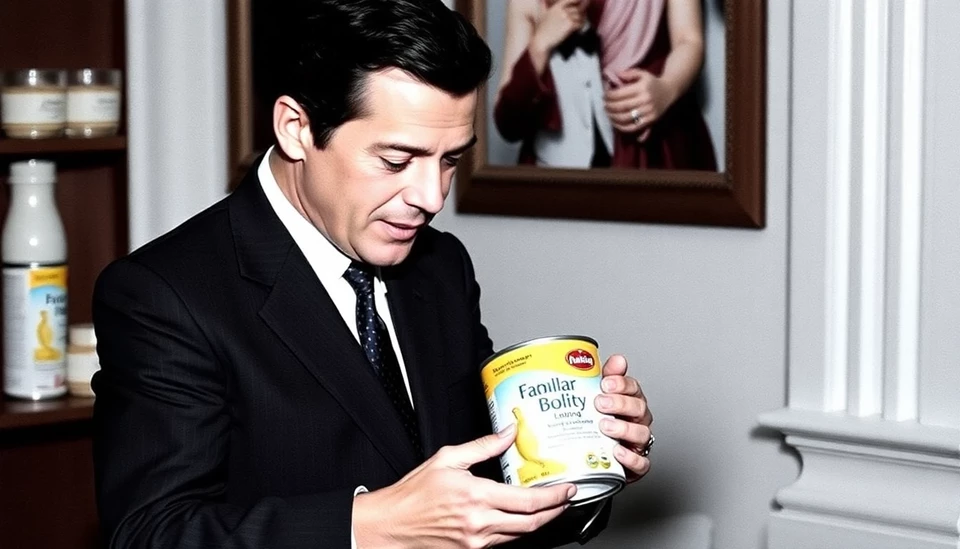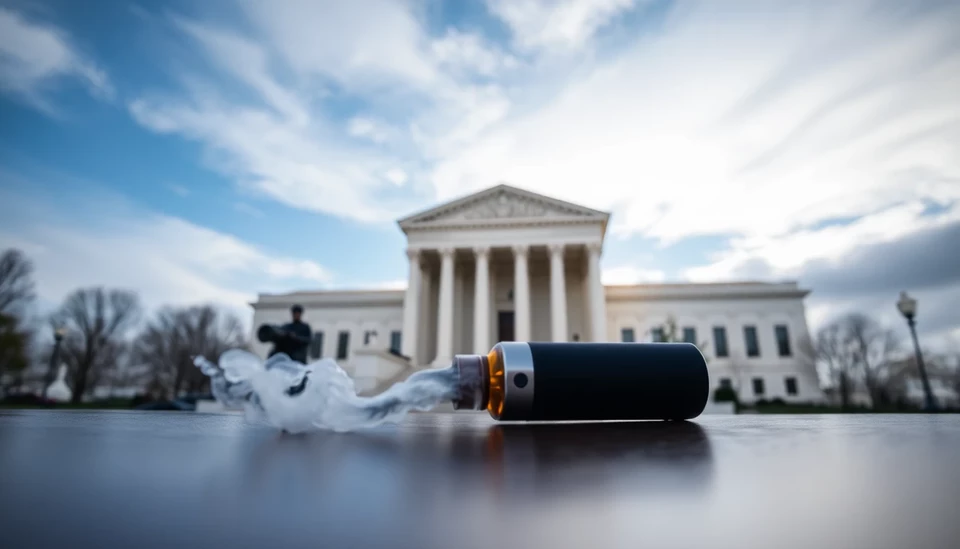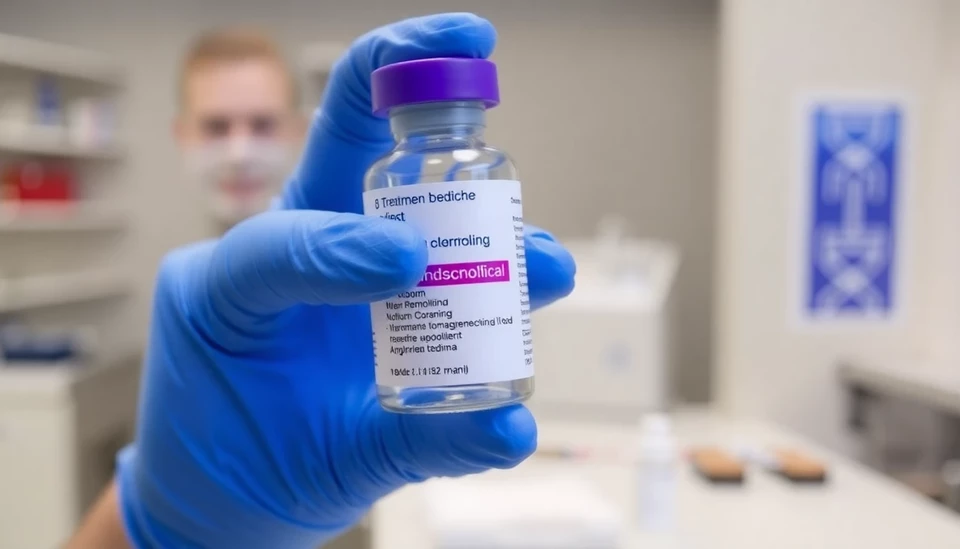
In a remarkable turn of events, the U.S. Food and Drug Administration (FDA) has faced significant scrutiny regarding its oversight of baby formula research. This comes in the wake of a public safety pledge made by Bobby Kennedy Jr. (RFK Jr.), a prominent environmental lawyer and political figure, sparking concerns over the safety of baby formulas for infants. Following his claims, the agency has taken action to reassess its regulations and procedures surrounding the production and monitoring of infant nutrition products.
By making a bold commitment to enhance the safety protocols and research surrounding the use of baby formulas, RFK Jr. has thrust the FDA into a challenging position. The agency, traditionally seen as a watchdog of food and pharmaceutical safety, has been accused of inadequately addressing potential health risks linked to baby formula, including reports of contamination and insufficient nutritional guidelines.
This renewed focus on baby formula safety comes on the heels of several high-profile incidents where parents have reported adverse effects from using certain formula brands. Critics argue that the FDA has historically underestimated the risks associated with these products, leading to a disturbing trend where parents are left to fend for themselves concerning the health of their newborns.
The FDA has acknowledged the need for a more robust approach, indicating it is reevaluating its research strategies and whether it requires additional oversight mechanisms. This includes considering new studies into the long-term effects of various formula ingredients on infants, especially concerning synthetic compounds that have become commonplace in food production.
As discussions intensify, baby formula manufacturers are also urged to engage transparently in the research process. Many companies are being called upon to re-evaluate their ingredients under the lens of the latest science and consumer concerns, thus beginning a fundamental shift in how infant nutrition products are designed, marketed, and regulated.
While RFK Jr.'s pledge has raised public awareness and offered a platform for the safety debate, critics have voiced concerns that such political interventions could lead to overregulation. They argue that stringent guidelines might stifle innovation and make it more difficult for new formulas, which could offer groundbreaking nutrition, to enter the market.
For its part, the FDA has assured the public that it is committed to maintaining an environment where both safety and innovation can coexist. The agency plans to schedule public hearings where parents, health professionals, and manufacturers can contribute their perspectives, fostering an inclusive dialogue aimed at improving infant nutrition standards.
As the situation develops, many observers are keen to see how this reassessment of baby formula oversight unfolds. It promises to set precedence not only for how baby nutrition products are regulated but could also serve as a litmus test for broader food safety policies in the U.S. with growing public demand for transparency and accountability.
In summary, Bobby Kennedy Jr.'s intervention has ignited a critical conversation around the safety of baby formulas, prompting the FDA to reassess and strengthen its policies on infant nutrition standards. This pivotal moment could mark a significant shift towards a more secure environment for the youngest consumers in the marketplace.
#FDA #BabyFormulaSafety #RFKJr #InfantNutrition #FoodSafety #PublicHealth #ConsumerProtection
Author: Samuel Brooks




